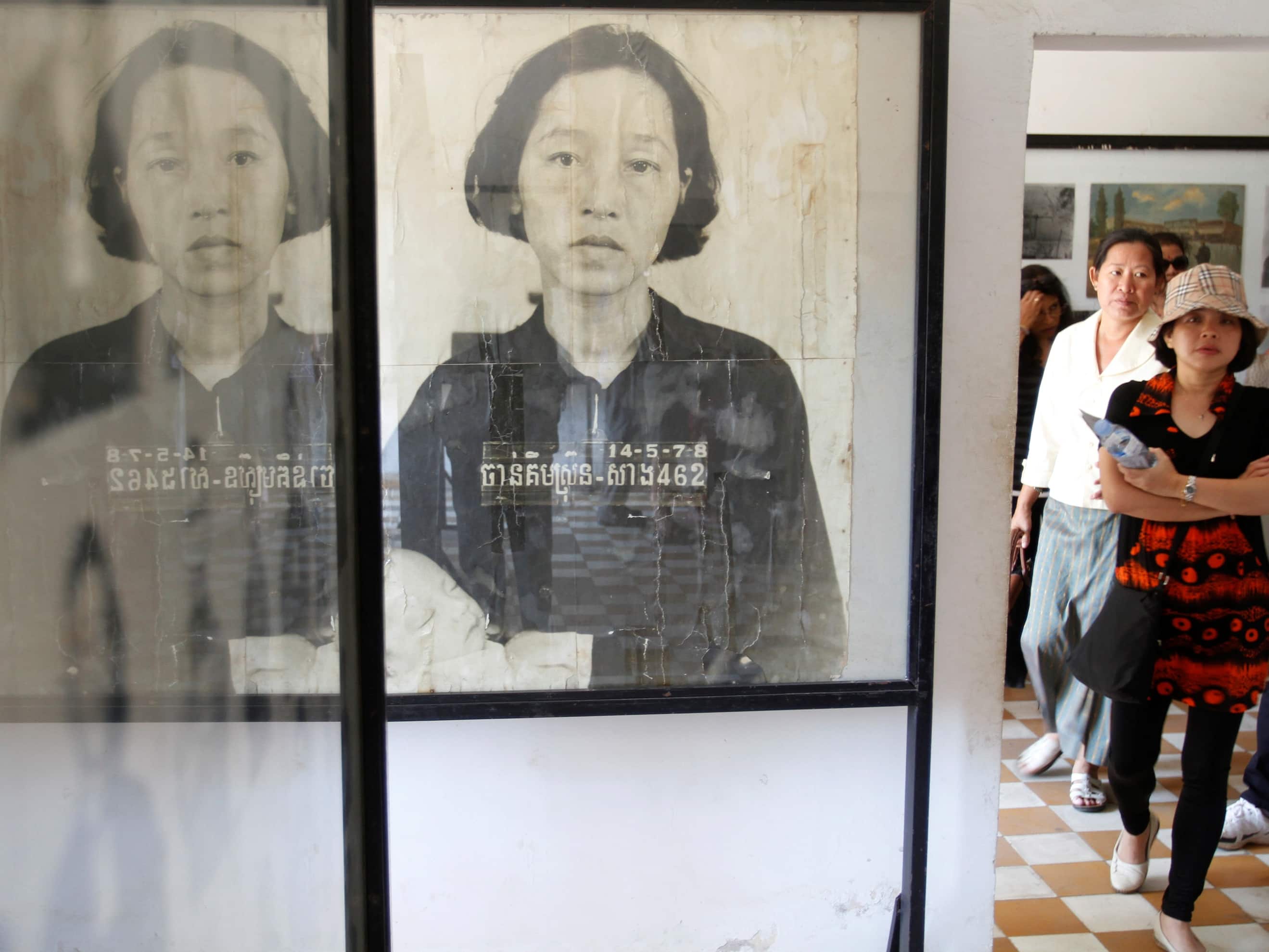If passed, a new crimes denial law would restrict free expression by placing illegitimate limitations on public discussion, research, and education about the Khmer Rouge era, as well as attempting to legitimise the stifling of opposition voices in Cambodia.
UPDATE from ARTICLE 19: Law against non-recognition of the crimes committed during Democratic Kampuchea (27 June 2013)
The Cambodian Center for Human Rights (“CCHR”) is gravely concerned that the new draft law on the Denial of Crimes Committed During Democratic Kampuchea (the “Denial Law”) called for by Prime Minister Hun Sen, if passed, will restrict freedom of expression through placing illegitimate limitations on public discussion, research, and education about the Khmer Rouge era, as well as attempting to legitimize the stifling of opposition voices.
Following the release by the Royal Government of Cambodia (the “RGC”) of alleged comments made by acting opposition leader, Kem Sokha, apparently denying the crimes perpetrated by the Khmer Rouge at torture prison Tuol Sleng, the Prime Minister himself suggested the adoption of the Denial Law. The Denial Law, which was quickly drafted last week by the Permanent Committee of the National Assembly, states that anyone who refuses to recognize, denies, opposes the existence of or promotes the crimes committed during the Khmer Rouge era could face up to two years imprisonment and up four million riel (1,000USD) in fines. It is set to be debated at a specially convened session of the National Assembly on 7 June 2013. The haste with which the law has been drafted and approved for debate, less than eight weeks before the national elections, suggests that it is politically motivated.
CCHR in no way supports the denial of crimes committed under the Khmer Rouge, but believes that the Denial Law is unnecessary and would be contrary to provisions protecting freedom of expression both under the Constitution of the Kingdom of Cambodia and international human rights treaties to which Cambodia is a party. Education, debate, discussion and research into the Khmer Rouge era are essential in helping the country to move on and to prevent similar events from reoccurring. A law aiming to restrict opinions and debate about the crimes perpetrated by the Khmer Rouge could potentially stifle such invaluable discussion. Furthermore, the Denial Law could be used as a political tool to stifle dissent and to control dialogue regarding the Khmer Rouge.
CCHR President Ou Virak comments:
“CCHR does not deny any of the crimes that took place in Cambodia during the Khmer Rouge era; however, we do not see how a law prohibiting such denial is necessary. Restricting debate, discussion and education about the Khmer Rouge period through such a law would be to the detriment of survivors, rather than for their benefit. The law is therefore a blatant politicization of our country’s history in order to score points before the national elections. It is also a shame that the government chooses to act so quickly to pass a law that could restrict free expression, whereas laws to improve the situation, such as an access to information law, have been put on the long finger for years.”



